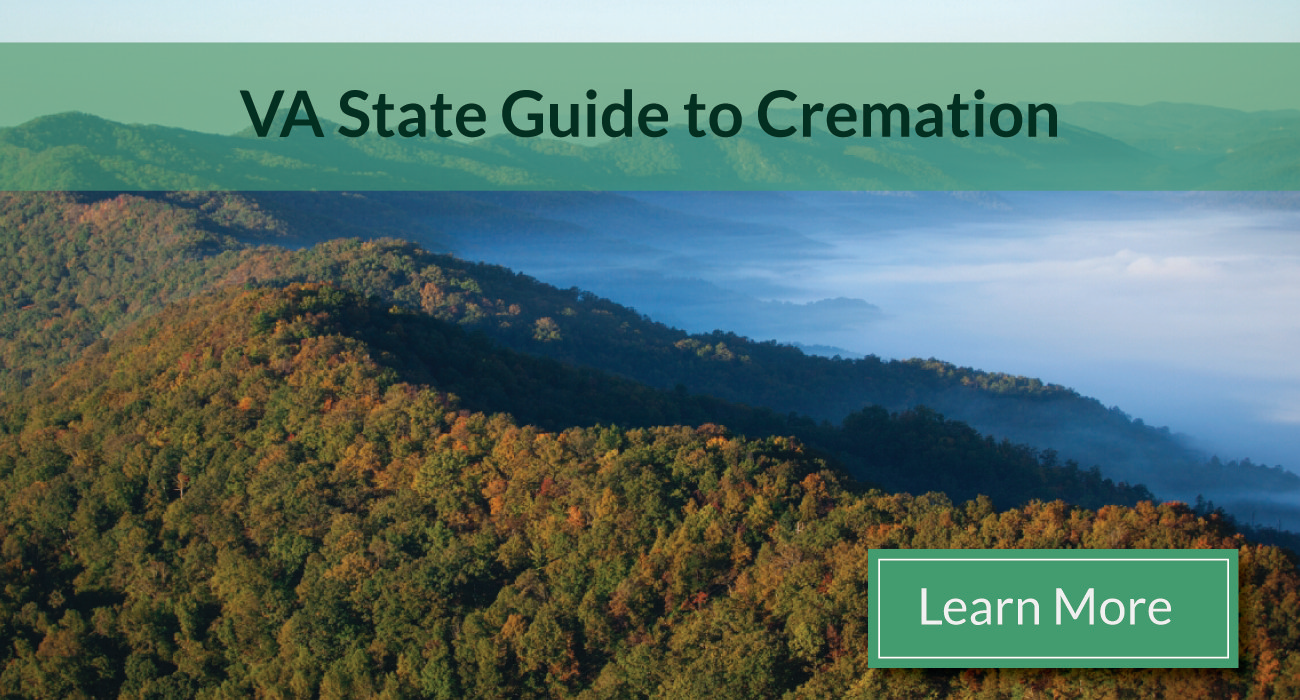10 Things You’re Too Afraid to Ask about Cremation
If you’re considering cremation, you likely have questions. While most questions are common and easily answered, there are other questions that you may be hesitant to ask. Here are ten of our most frequently asked questions that you may be afraid to ask.
1. How do I know if the cremains returned to me are actually those of my loved ones?
Carefully maintaining the integrity of the remains entrusted to us is of the utmost importance. At Tharp, we have a unique process in place where two members of our expert staff verify the body and sign off on the cremains so that the family can rest assured that what they receive is, in fact, their loved one’s cremains. During every cremation, a metal identity disc with a unique number and the name of the funeral home is placed with the body. This disc stays with the body throughout the entire process and is eventually placed in the urn with the remains once the cremation is complete. After each cremation, the crematory space is carefully swept and cleaned to ensure that nothing is left behind.
2. Can my family be present for the cremation process?
Absolutely. It is the family’s legal right to observe or participate in any part of the cremation process.
3. Is there an option to not have to be responsible for taking possession of the cremains after the process is complete?
Yes. Tharp will happily take possession of the cremains, and they can be scattered in the Blue Ridge mountains if the family requests that we do so.
4. Will the funeral home divide up the cremains for me if I plan to give a portion of the cremains to multiple loved ones?
Absolutely. Tharp will make whatever arrangements the family requests regarding the dividing of cremated remains.
5. Can I have a more traditional viewing and/or funeral before the remains are cremated?
Yes. At Tharp, we can assist families with any private or public viewing and/or services prior to the cremation.
6. Will the body be clothed during the cremation process?
We can dress the deceased in whatever clothing is requested by the family prior to the cremation. At Tharp, even if the family does not provide clothing, we always make sure the individual’s remains are covered.
7. What happens to medical hardware and/or implants before or during cremation?
Certain medical devices, such as pacemakers, must be removed before cremation because their batteries can explode during the process. Metals that withstand the heat of cremation, such as steel, titanium, and staples, are removed with magnets and other sorting methods before processing cremains. These will either be returned to the family or sent off for recycling–whichever the family requests.
8. Will my loved one’s body be treated with dignity and respect throughout the process?
Unequivocally, yes. Crematories are carefully regulated, and crematory operators and funeral directors are deeply compassionate individuals who treat each body with respect. At Tharp, we treat each family like they are members of our own family.
9. Will the body have to be transported to a different location or cremation?
While this depends on the funeral home, at Tharp, we operate our own crematory on-site.
10. Can objects such as flowers be cremated with the body? Are any objects prohibited from being cremated with the body?
Yes, we can cremate flowers, stuffed animals, or whatever combustible items a family requests. However, at Tharp, we do not cremate jewelry, but we can place jewelry in the urn following the cremation.
Do you have more questions? We would love the opportunity to answer them for you. Contact Tharp today for an honest and compassionate conversation about your needs.








